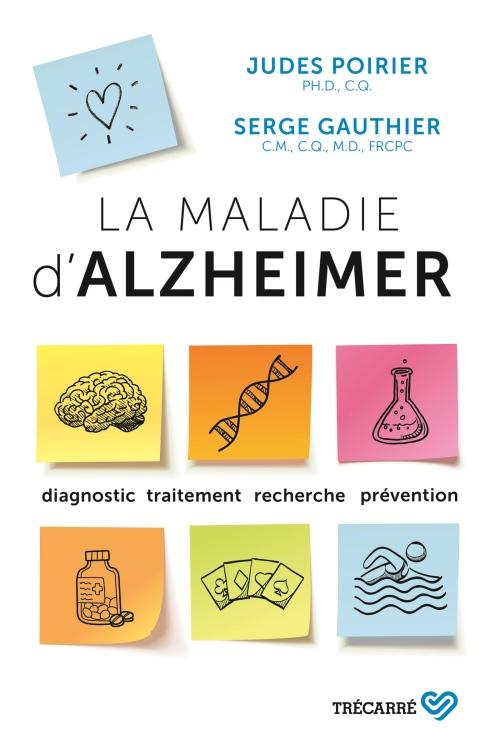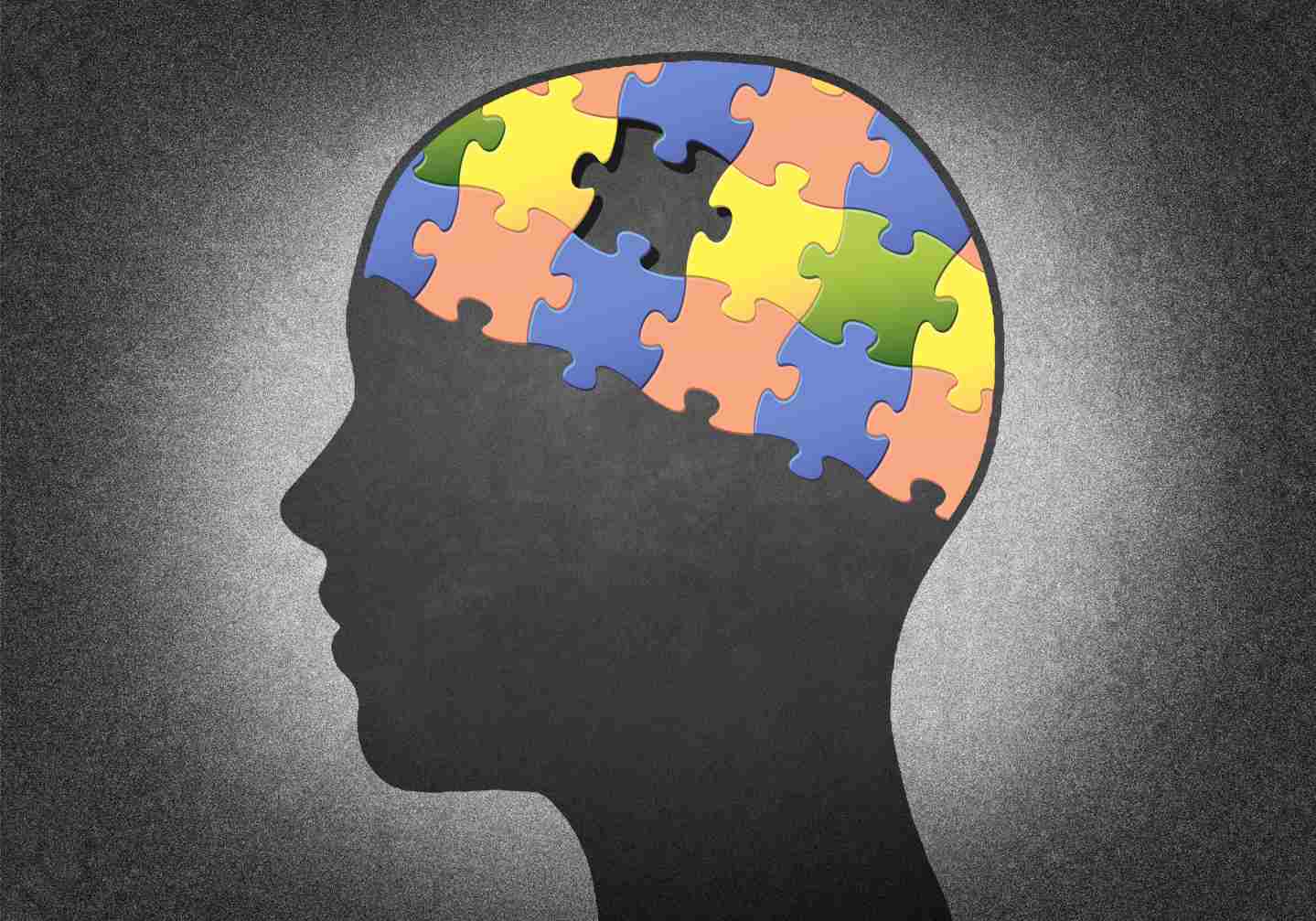
What Are the Forms of Dementia and Why It Is Important to Make a Distinction
The word dementia is often used in reference to any brain-related issue. While dementia is indeed a decline in brain functions, there are various types of dementia with critical differences. The following is an overview of these divergent types of dementia.
Dementia, also called “major neurocognitive disorder“, refers to all diseases that involve a deterioration of brain functions. There are many forms and causes of dementia with the most common term associated with the affliction being Alzheimer’s Disease.
It is important to distinguish between the various forms of dementia since the symptoms, development, and management of each is different. With this article we hope to help you better understand the complex topic of dementia.
Alzheimer’s Disease
Alzheimer’s Disease is the most common and most researched type of dementia. Simply stated, it is a deterioration of memory. People with Alzheimer’s tend to gradually forget important information (names, conversations, dates, places). Surprisingly, these oversights are usually related more to short-term than long-term memory. In other words, recent events (days and weeks) will be forgotten, while older events (years and decades) will be better remembered. Over time other brain functions (such as language, attention, planning or judgment) are also affected.
Alzheimer’s is the form of dementia that progresses most slowly. There are medications that may be prescribed to further slow the decline of the brain, such as acetylcholinesterase inhibitors and memantine.
Vascular dementia
Vascular dementia is caused by damage to the blood vessels of the brain. Just as the heart can suffer from blockages of the coronary arteries (vessels carrying oxygen to the heart), the brain can suffer from blockages to its arteries. Vascular dementia can occur as a result of large vessel blockages, as in the case of strokes (cerebrovascular accidents), or small vessel blockages (which we call a “microvascular” blockage).
While memory impairment is the predominant characteristic of Alzheimer’s Disease, vascular dementia is marked by an overall slowing down of brain functions: decreases in attention span, planning and judgment. Frequently, people with vascular dementia have other concerns and risk factors that influence the health of blood vessels such as hypertension, diabetes, smoking or coronary heart disease.
The evolution of vascular dementia is less uniform than Alzheimer’s Disease. It varies according to the individual and type of vascular condition. Although there is no specific treatment for vascular dementia, there are ways to control or reduce the risk factors.
Mixed dementia
Mixed dementia is caused by two concurrent conditions: Alzheimer’s and Vascular. The characteristics and evolution of mixed dementia are, therefore, a mix of Alzheimer’s and vascular dementia. Mixed dementia is more common with age as, over time, neurons and blood vessels accumulate damage. Ongoing medical research shows that neurons and blood vessels influence each other, hence mixed dementia is probably more common than currently diagnosed.
Lewy Body Dementia
Lewy Body Dementia is less-known than Alzheimer’s Disease, but it is a common cause of dementia, accounting for about 5-10% of cases. It owes its name to the presence of accumulated proteins in neurons, which are called “Lewy Bodies“.
The following three symptoms usually manifest themselves in cases of Lewy Body Dementia:
- Visual hallucinations
- Sudden fluctuations in brain function (moment to moment or f day to day)
- Changes in motor skills (“Parkinsonism“), such as muscle stiffness, physical tremors, and posture instability
In addition, patients with Lewy Body Dementia may also experience severe intolerance to certain drugs (typical “antipsychotics”) and impaired sleep patterns.
Lewy Body Dementia usually progresses faster than Alzheimer’s Disease. But as with Alzheimer’s, a drug in the family of acetylcholinesterase inhibitors is often prescribed. There are also drugs that reduce hallucinations, such as quetiapine or clozapine.
Dementia associated with Parkinson’s Disease
We all know that Parkinson’s Disease is accompanied by tremors. It is less known, however, that Parkinson’s affects almost all the systems in the body, including the brain. After several years of affliction, it is possible for Parkinson’s to cause a decline in brain functions to the point of causing dementia. Lewy Body Dementia and dementia associated with Parkinson’s Disease share several characteristics.
Frontotemporal dementia
Frontotemporal dementia is named after the location of the brain it affects: the frontal and temporal lobes. These lobes have several key functions that are altered by this form of dementia. There are two main subtypes of Frontotemporal dementia: behavioral and language.
The behavioral variant
People with the behavioral variant have an impairment in their social behavior. They will tend to have:
- A loss of inhibition (less “filter” in their words and behaviors)
- Greater apathy (nonchalance, loss of will, lack of interest)
- A loss of sympathy and empathy (less ability to identify and connect with the feelings of others)
- A change in eating habits (considerable change in tastes, new obsessions with certain foods)
- The development of fixed routines (repetition of actions and certain behaviors)
The language variant
The language variant of frontotemporal dementia is also called Progressive Primary Aphasia. The word aphasia comes from the Greek and means “without speech”. People with this condition have significant language difficulties (more than memory or behavior). They struggle with writing, reading, repetition, naming and comprehension. These difficulties vary according to the specific form of Progressive Primary Aphasia present.
Unfortunately, frontotemporal dementias usually evolve faster than other forms. Medications may be employed to limit behavioral issues, but there are currently no effective drugs to treat Progressive Primary Aphasias. Still, many resources, such as speech therapy services, exist to lessen language impairment.
Medical and interdisciplinary assessment of dementia
Due to the complexity and different types of dementia, its diagnosis and management require interdisciplinary assessments (medical, occupational therapist, social worker, nurse). When in doubt, it is important to seek the assessment of health professionals.
Finally, it is essential to know that there are many resources available to help support caregivers and people with dementia. We have listed public, community, and private resources that may be of use in our Products and Services section.


















